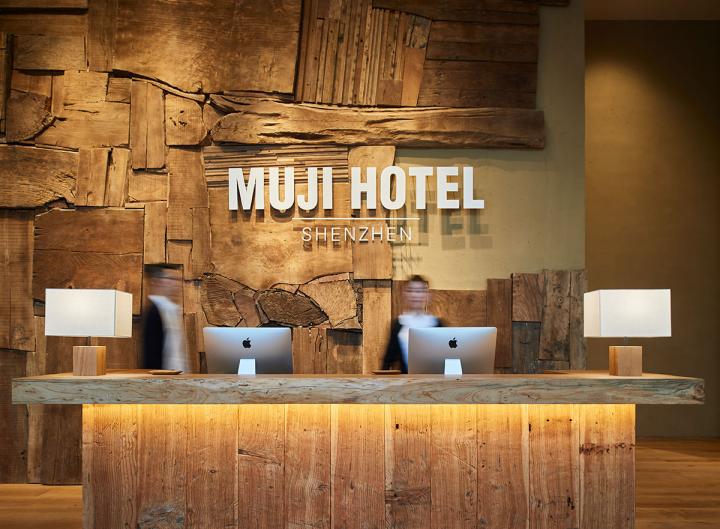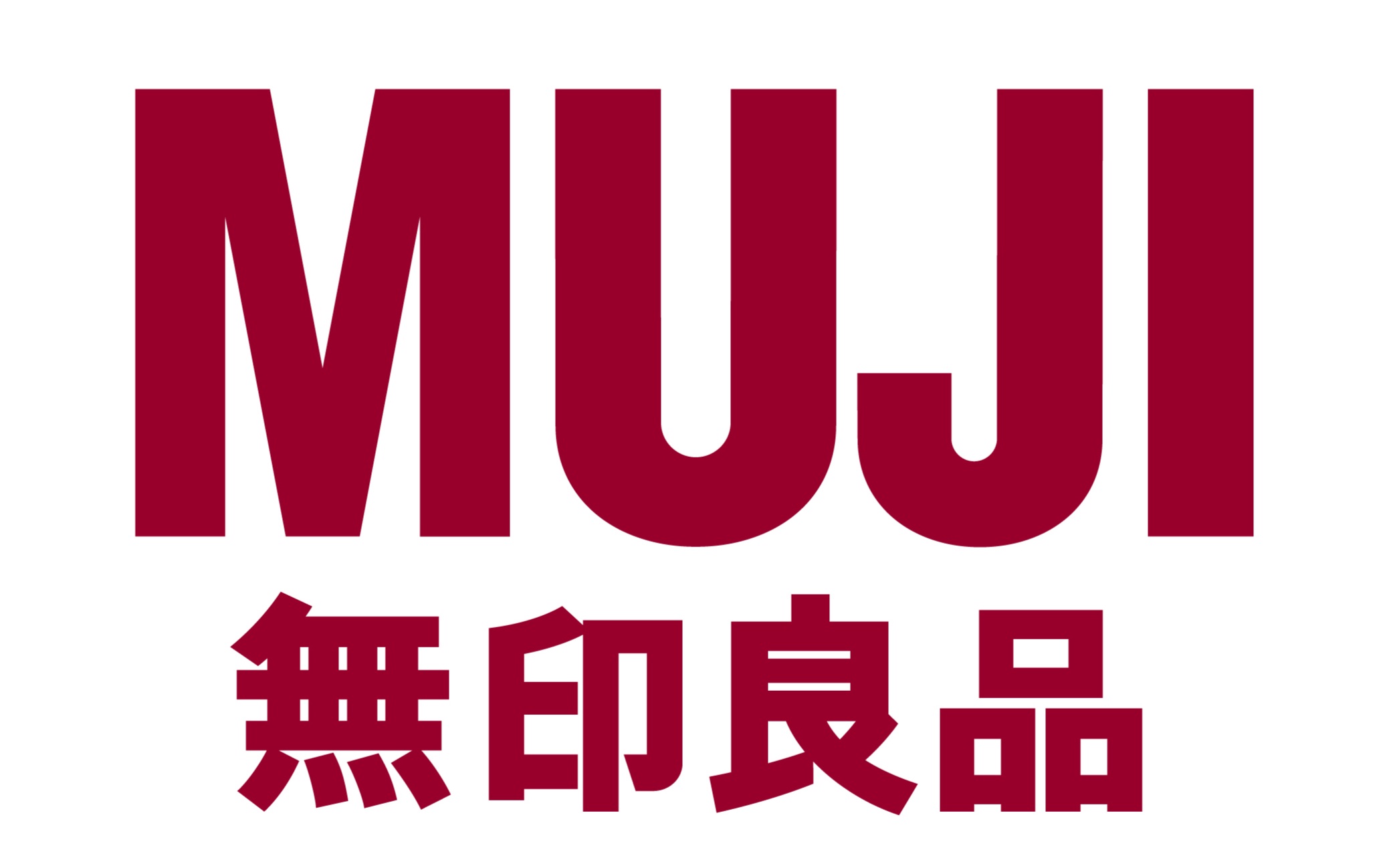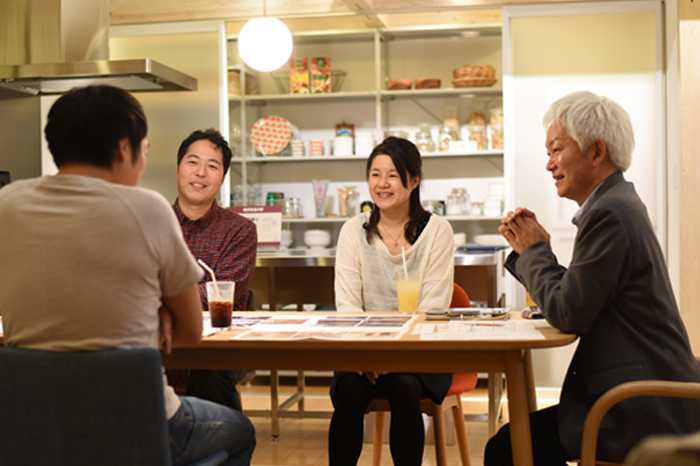

The Japanese outlet MUJI, founded back in 1980 with over 300 stores outside Japan, recently opened its first hotel in Shenzhen, China. The minimalist’s perfect dream getaway is located just above a two-story MUJI outlet, reflecting its brand positioning strategy.

Upon entering one of the rooms, one will be embraced with all things MUJI. From the comforting bedding to the sleek toothbrushes, the clean bathrobes to the sleek digital alarm clock on the night stand, the hotel is made is the epitome of what MUJI stands for today.
From a relatively unknown supermarket name brand born as a retaliation of the branded world, the ‘house for the unbranded’ advocating the “No Brand, Good Quality” philosophy has paradoxically become one of the most recognizable brands in Asia. Let us take a glance at the MUJI brand using the 4 Facetsof brand positioning and identify what makes this seem such a surprise.

MUJI created a lifestyle around simple minimalistic aesthetics that has become synonymous with contemporary Japanese design. Both rationality and simplicity are factors that come back in the functionality of the products, the approach to the use of natural and basic materials and the rationale behind the minimalistic quality designs.

“Simplicity and emptiness yield the ultimate universality, embracing the feelings and thoughts of all people.”
MUJI’s full name Mujirushi Ryōhin- translates to “No Brand, Good Quality.
Their core vision is ‘the belief of a world where products speak for themselves, without any brand mark to sell under-standard products’. This move into opening a hotel under the MUJI brand challenges this fundamental facet completely. As ultimately staying true to their core vision meant opening a hotel without any brand name. Doing the opposite makes the stakes higher on a failure or repercussions on the brand itself.
Geometric designs, earthy warm tones and a beige dominated color palette are all part of MUJI’s signature aesthetic with its brand positioning strategy. These careful design choices all associate with the universe that MUJI wants to create for its customers. Its design-first approach helps to fulfill the dream of many – to live in a bright, airy and tidy home that brings comfort as well as inspires tranquility.
MUJI’s stores are a gateway to this universe. Entering their stores, one is met with a tranquil, almost airy personality with Zen echoing through the displays and assortments of their apparel, furniture, appliances and food. MUJI, despite its consistent high product quality, is never about selling a single star product, but the combined experience of living one’s life in the MUJI way.
The Japanese aesthetic and philosophy are deeply engrained into the DNA of many of the country’s homegrown brands and is not only limited to MUJI. The physical manifestation of that is the Japanese garden (nihon teien) a distinct garden style that emphasizes on the avoidance of artificial ornamentation and the highlight of the natural landscapes by allowing elements such as wood, water and rock. If MUJI was a person, then it would be mostly aptly described as the meticulous Japanese gardener, the enabler of this tranquility and quality of zen in one’s living environment brought about by meticulous design and preparation.

Despite becoming one of the most iconic brands in Asia, MUJI was never about the fame. It has always been about introducing its customers to a universe where life is dictated not by superficiality, but minimalism. True to this sentiment, consumers today don’t refer to MUJI as a brand in the traditional sense, but as a way of life, an aesthetic and a style of living.
A Labbrand Group Company © 2005-2025 Labbrand All rights reserved
沪ICP备17001253号-3To improve your experience, we use cookies to provide social media features, offer you content that targets your particular interests, and analyse the performance of our advertising campaigns. By clicking on “Accept” you consent to all cookies. You also have the option to click “Reject” to limit the use of certain types of cookies. Please be aware that rejecting cookies may affect your website browsing experience and limit the use of some personalised features.